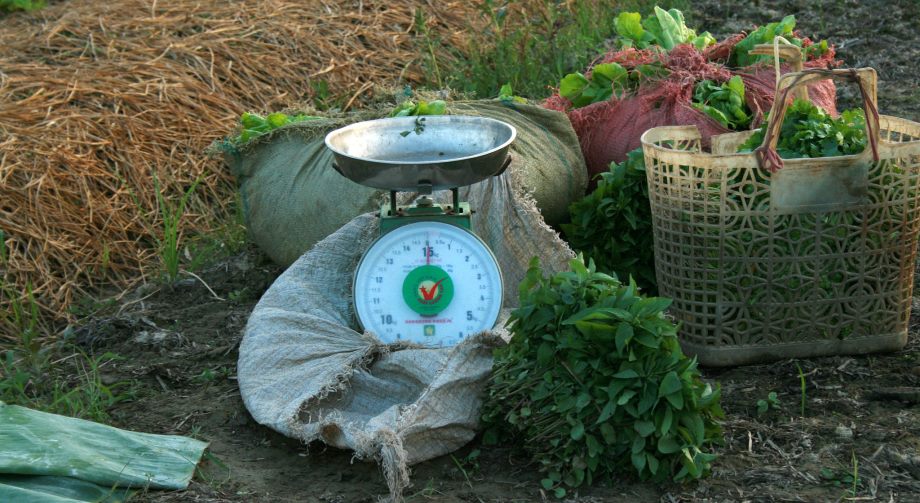About the EU-SPS
The overall aim of the EU-SPS programme was to support the participating countries in the development of their national social protection systems, including the elements of analysis, assessment and design as well as capacity development.
See a list of actions taken

Key areas of action
Social protection assessments and research
The EU-SPS worked with national expert institutions in order to develop, adjust and apply analytic tools and approaches responding to country specific contexts and needs. This included either broad social protection reviews or more narrowly focused analyses. Analyses aimed at promoting the development of affordable, sustainable and inclusive social protection systems in partner countries.
Capacity development
The EU-SPS cooperated with national capacity building institutions in the assessment and strengthening of the national capacities for social protection. This work focused on human, organisational or institutional capacities in the field of social protection. The focal areas for cooperation were selected together with the countries’ main stakeholders and in accordance with the country’s strategic priorities. Cooperative selection of actions ensured that value was added to ongoing work.
Guidance for future development and cooperation
The third purpose of the EU-SPS was to draw evidence-based guidance from the experiences of the partner countries for future development cooperation. This guidance will benefit future investments in the field of social protection by the EU Commission, the 28 EU Member States and other development partners. Here, too, the involvement of partner countries was essential for ensuring the usefulness of outcomes.
Read more about collaboration with partner countries
How the EU-SPS approached its task
When supporting capacity development, the Programme did not seek to implement 'best practices' in partner countries without sensitivity to context. Instead, the EU-SPS worked with local experts and stakeholders to find feasible and sustainable solutions for the specific country in question. This approach to capacity building could be described as a 'best-fit' approach.
Understanding capacity development as 'best-fit'
The EU-SPS programme understood effective social protection to stem from a comprehensive approach to social policy. Comprehensive social policy encompasses social assistance, social insurance, active labour market measures, and access to essential social services and care. Understanding social policy this way helps create social protection that covers a multitude of needs and circumstances across one's life. Comprehensiveness provides the tangible real-world protection that serve as a catalyst for further social and economic benefits.
What is meant by comprehensive social policies?
Organisation
The EU-SPS Programme had one Programme Management Expert Team with two offices in Paris and Helsinki. The paris office was at the OECD Development Centre and it leads research, analysis and management. The Helsinki office was at THL (Institute for Health and Welfare), leading implementation strategies and partnerships.
The Steering Committee consisted of representatives of the EU Commission, the OECD, and the Ministry for Foreign Affairs of Finland. It monitored and guided matters of principle and identified complementary contributions.
Programme implementation was based on national ownership, participatory approaches and coordinated dialogue and cooperation with national and other international partners.




